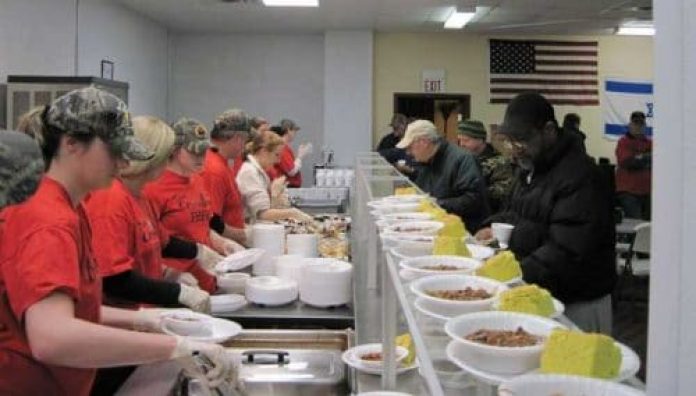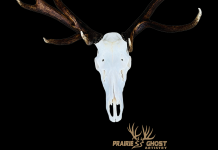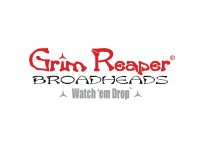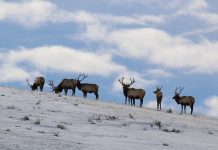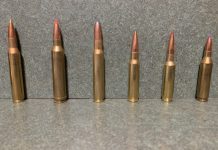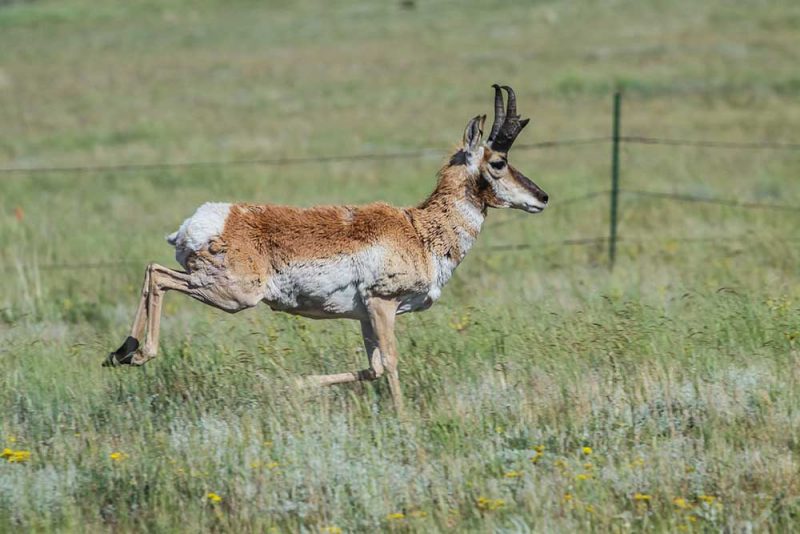At the break of dawn in an age long past, the first hunters had one prime objective; quality meat for essential proteins and essential fats, which are plentiful in wild game. Hunting provides many rewards but meat is at the core of our hunting heritage.
The meat taken from the mountains and fields has satiated the human race for centuries. It is no less an asset today than it was hundreds of years ago. Sharing meat with the needy also has a rich history. Around 1990, organizations began to spring up focused on sharing the bounty of fortunate hunters with those around them who were less fortunate or in a time of need. Today almost every state has a way for hunters to donate their wild game.
The animal is processed and turned over to food banks to be distributed to the hungry. Many of the state’s fish and wildlife websites have links to information on donation options in that particular state, but the lack of funds for processing costs is a huge obstacle for state run programs. Allowing hunters to make a donation to these programs when they are purchasing their tags has helped the states defray some of the costs in recent years.
Organizations like: FHFH (Farmers and Hunters Feeding the Hungry), HFH (Hunters For The Hungry) in Virginia, HHH (Hunters Helping the Hungry) in New Jersey, HSH (Hunters Sharing the Harvest) in Pennsylvania, and IHFH (Idaho Hunters Feeding The Hungry) are just a few examples of organizations a hunter can look to for help donating wild game. These organizations often have resources to help cover costs, which enables them to offer free or low cost processing to the hunter.
FHFH is unique in that it offers affiliate butchers in over 20 states. No one could have known the impact hunters would have on feeding the hungry when this organization was created, but the numbers are staggering. A study performed in 2010 revealed 2.8 million pounds of deer, antelope, moose, elk, waterfowl, and pheasant meat was donated to programs around the country. This provided 11 million meals for the needy. When you consider that one deer can provide 200 meals to the hungry it becomes much more apparent why these organizations have become such a vital part of our food banks.
Stephen L. Sanetti, president of NSSF (National Shooting Sports Foundation), stated, “Given our challenging economic times, hunter donations of venison have never been more important to so many people.” These programs can take the ground meat and turn it into many dishes such as pasta sauces, meatloaf, burgers, and chili. These dishes can make a little meat go a long way and fill many empty stomachs.
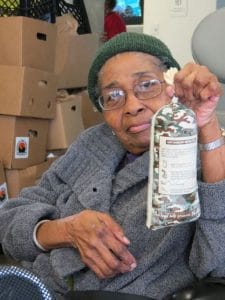
Preventative game permits are issued to farmers, military installations, agricultural facilities, and airports across the nation. These permits are the solution to damaged crops caused by wild game animals. Many of these permits provide more meat than an individual is able to consume, therefore the quality meat is given to these programs and distributed to those who need it most.
Donating wild game is rewarding. Some hunters simply like having a way to give to those in need even if it means taking from their own meat reserves. A generous spirit is a part of the heartbeat of America, and these programs are just a reflection of that spirit. It is essentially another way how we show our resourcefulness and problem solving skills. Additionally, many non-hunters will support hunting if they know the meat is used wisely. Donating excess wild game meat to these programs is a great way to ensure that no meat is wasted. This avenue of building good will within the non-hunting public is an important tool that we can use to help them understand more about what we love, and enable them to support it.
With hunters and non-hunters on our side we can continue to help those in need and advocate for our passion of hunting. This is not the only way to help those who could use some extra food in their freezers. Many of us can find homes for our extra wild game just by looking around our neighborhoods and talking to our friends and family. Those in need are often right outside our own back door.
If you are interested in donating some of your wild game to one of the programs available in your area, here are a few guidelines to keep in mind to ensure your meat can be accepted into the program.
• Only meat processed by a butcher listed in your program’s affiliate butcher list can be accepted. Find the one nearest you before heading out to hunt.
• The butchers can only accept game that was fully healthy at the time of harvest, with no signs of disease or injury.
• Carefully field dress the animal within an hour of harvest, and if needed quarter it for transport out of the area.
• Chill the meat as soon as possible. Use ice, if needed, making sure to keep the meat relatively dry.
• Cover and separate the meat during transport to prevent contamination from non-food items.
• Promptly deliver the meat to the butcher shop.
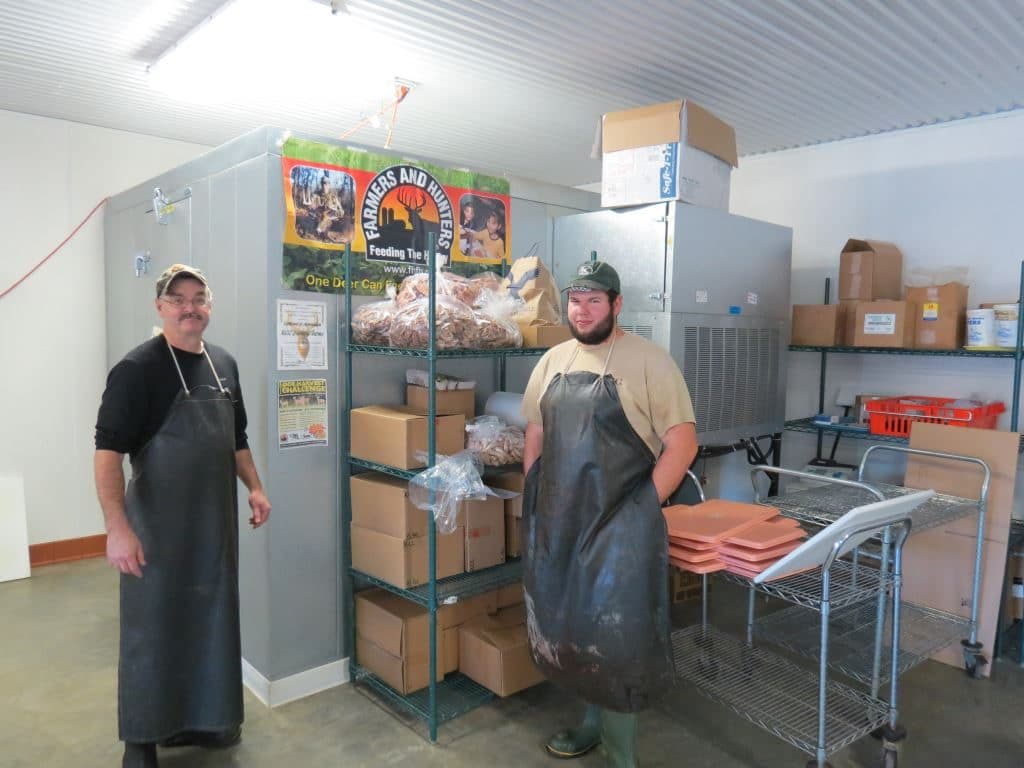
Researching the programs available in your area will help you know exactly what you need to do when you have your next successful hunt, and doing so will ensure your meat is properly prepared for processing. Road kill and meat that has not been properly handled carries the risk of contamination and cannot be accepted. Remember that this meat is going to feed families so treat it as if you were feeding your own family and friends. Some of the programs will even accept a partial animal and are happy to take only a few pounds of meat if that is all you are able to donate.
Historically, hunters have played a vital role as food providers. These roles can still be viable today if we take advantage of opportunities to further these roles with our support of community programs and the laws and legislation that make wild game donations possible.
If you are interested in donating wild game please check out the links listed in this article.


